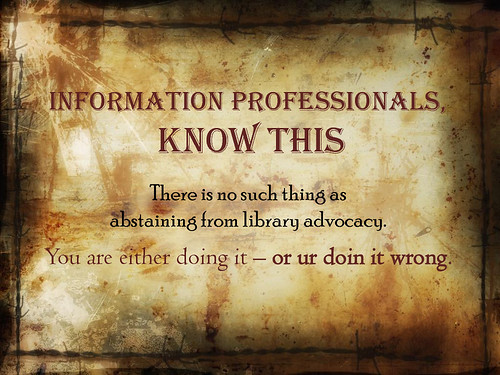It was from this Freakonomics Radio podcast, which I've refered to on this blog before and which provoked a huge number of comments, that I learned about the Orteig Prize. It's a really fascinating story, it inspired the LISNPN competition mentioned in part one of this post, and who knows what else we can learn from it - so bear with me while I go through the events of the early 1920s.
A little history
In 1919, a New York hotelier called Raymond Orteig put up a prize of $25,000 (equivalent to over $300,000 today in pure inflation terms, but actually a lot more in terms of what that money could buy) for the first aviator to fly non-stop from New York to Paris, or the other way around. For the first five years, no one could claim his prize as the technology wasn't advanced enough. But in those five years people worked enormously hard, because that was an enormous amount of money.
Eventually, in 1927, Charles Lindbergh makes the flight successfully, and wins the prize. It took 33.5 hours in a single-engine plane (the Spirit of St Louis) and was a minor miracle of good fortune allied with supreme skill, but he made it safely to France. Lindbergh was only 25 years old at the time, and he used the massive fame he now enjoyed to promote commercial aviation. He was obviously one of those polymathic people who just operate on a higher plain (no pun intended) than the rest of us - he later became a prize-winning author, an environmentalist (can't of been too many of them at that time), an international explorer and an inventor!
This was of course a fantastic achievement, but the existence of the competition catalysed massive progress in the aviation industry by loads of people, not just Lindbergh himself. In fact, $400,000 worth (in old money) of innovation happened from the combined entries to the competition - and Orteig only had to pay out once! The results of this expenditure were immediately quantifiable - the year before Lindbergh's flight, just 6,000 people travelled by air as passengers; 18 months afterwards there was 180,000 commercial passengers. Even in the months remaining in 1927, the year of his flight, applications for pilot's licences tripled and the number of registered aircraft quadrupled.
(Another ramification of the competition was, as you might expect with experimental air travel, a huge loss of human life. Many pilots died failing to win the prize. Hopefully a library equivalent won't place its entrants in such jeopardy...)
The Legacy
Apart from the 30-fold increase in commercial air-travel, which effectively gave birth the multi-billion dollar industry we know today, the prize had another legacy. Inspired by Orteig's competition, Peter Diamandis set up the X Prize Foundation. This offers a more modern prize of $10,000,000 to achieve huge goals such as commercial flight into space - again, far more than $10,000,000 is invested, in total, by all the entrants combined, so the field moves on apace. Not only that, but the Foundation themselves don't put up the prizes! They are funded by organisations and philanthropists, eager to making progress happen.
The LISNPN competition
As I'm sure you've realised, the LISNPN competition is a very (VERY) small-scale attempt to do something similar. We're offering prizes we think people will really value, and will be willing to work hard and innovate in order to have a shot at winning. Although entrants will retain full copyright of their ideas, LISNPN will be able to show-case ALL of them, and hopefully ALL of them should reach a new audience not normally involved with libraries at all. We're only giving out two prizes (again, put up by generous people who want to encourage the enterprise, rather than paid for from the - non-existent - LISNPN coffers) but hopefully the profession will benefit from lots and lots of advocacy efforts.
Are there other things we can do with competitons and libraires?
So is there scope for more library innovation on a much grander scale, adopting the Orteig prize principles? I think there must be. Other bodies must be able to run other competitions, the entries for which could be public-facing and progressive. I'd love to see one around technology in libraries.
And this links to another thing I've often thought, which is that libraries (certainly in the UK) don't appear to be as good at attracting philanthropy as other comparable areas. We need to be something that rich people and foundations think of when they're wondering where to put their money in a charitable way. Perhaps an innovation inspiring competition is a way to achieve this? What do you think?
In the meantime, good luck with the competition if you're entering.
- thewikiman




